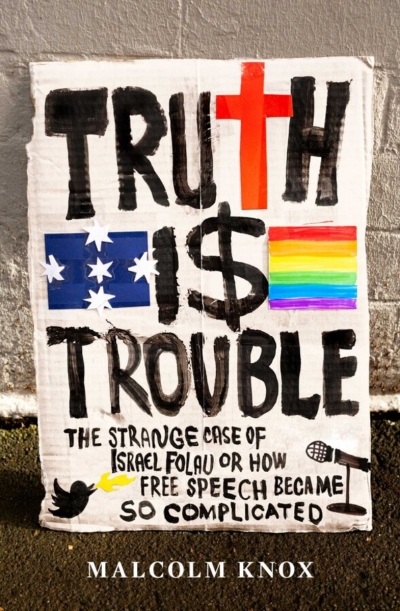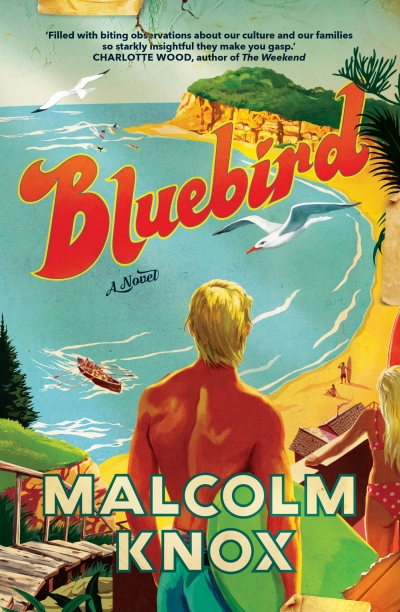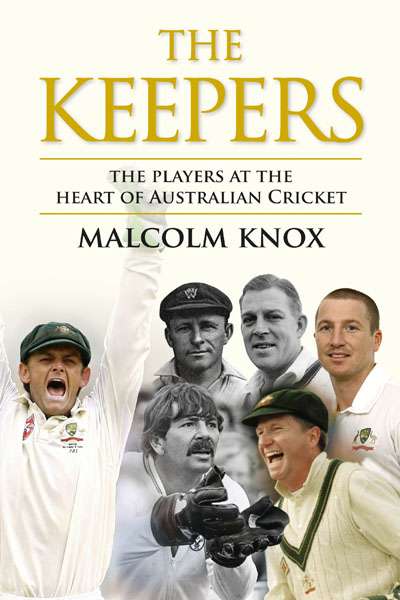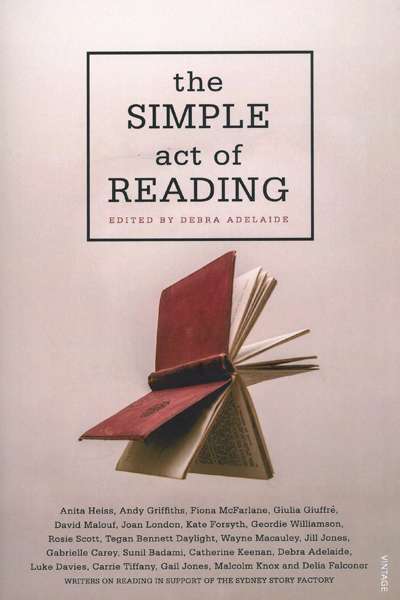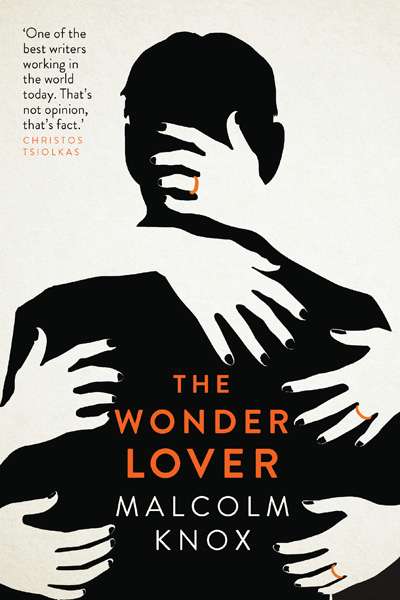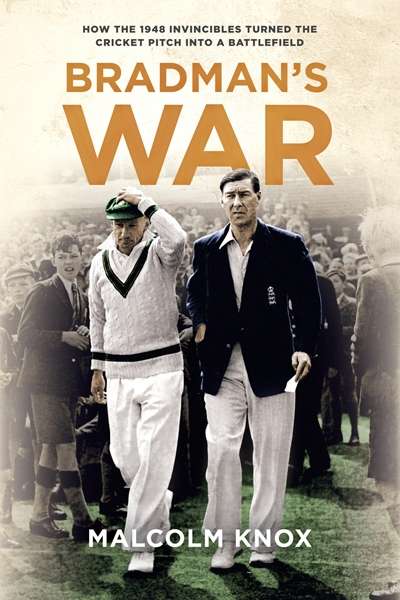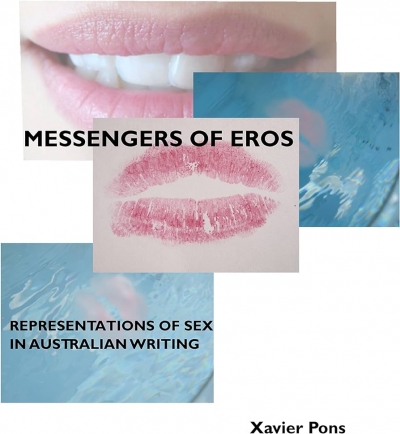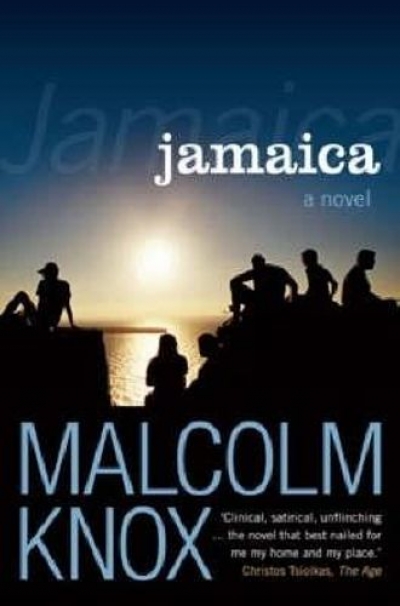Malcolm Knox
Last month it was autobiography’s turn, when David McCooey examined recent Australian memoirs (La Trobe University Essay, ABR, May 2006). Now it is biography’s turn: the genre will be the subject of the 2006 Australian Book Review/La Trobe University Annual Lecture, titled ‘Matters of Life and Death: The Return of Biography’. Our distinguished lecturer is Professor Ian Donaldson, Director of the ANU’s Humanities Research Centre, head of the latter’s new Biography Institute, and Consultant Editor for The Oxford Dictionary of National Biography. He is a general editor of The Cambridge Edition of the Works of Ben Jonson (due for publication in twenty-five volumes in 2007), and is completing a life of Jonson for OUP.
... (read more)Truth Is Trouble: The strange case of Israel Folau or how free speech became so complicated by Malcolm Knox
by Andrew West •
The Keepers: The Players at the heart of Australian Cricket by Malcolm Knox
by Bernard Whimpress •
The Simple Act of Reading edited by Debra Adelaide
by Gillian Dooley •
Bradman’s War: How the 1948 Invincibles Turned the Cricket Pitch into a Battlefield by Malcolm Knox
by Bernard Whimpress •
Messengers of Eros: Representations of sex in Australian writing by Xavier Pons
by Malcolm Knox •

